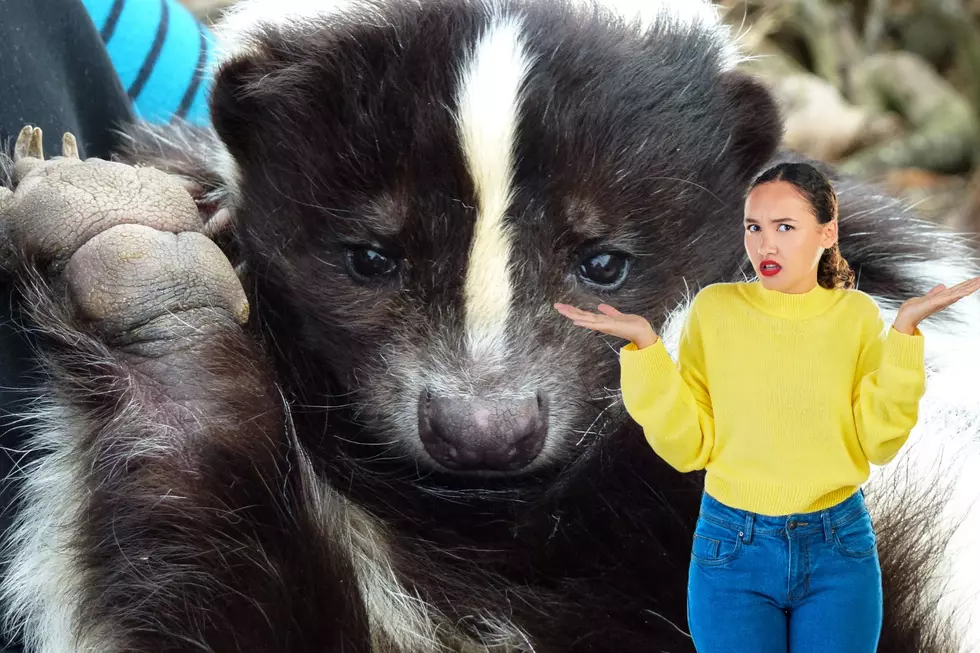Leaving food out for your dog or a community cat could attract some stinky friends. Skunks, like other wild animals, are looking for a place to shelter when it is cold and access to water and food. A yard that is pet friendly can welcome other animals looking for a place to call home.
Skunks are native to Utah and eat bugs and small reptiles. They have also been known to raid chicken coops. It isn’t hard to discover if you have been visited by this smelly black and white animal. You will smell their distinctive odor around Valentines Day when they are also looking for a mate.
Being near sighted, skunks have a problem falling into window wells. They also run into people which is not a fun experience for you or the skunk.
If you find a skunk has made your backyard its home, here are some ways to convince it to move on.
Play music at night.
Like your visiting relatives, they don’t enjoy your taste in music and find it disrupts their sleep.
Remove easy access to water and food.
Put dog dishes inside or in a place only your pets can access.
Cover window wells.
If you get a skunk down in your window, use a long poll to lower something the skunk can crawl up. A ramp will help it get out on its own.
Kitty litter and or castor oil.
Skunks don’t like these substances and they can be used to deter by spreading it around at the access point.
Board up any openings.
Like other animals, skunks are looking for a cozy place to live. Removing any access holes that will let a skunk get under a deck or into a shed will send them elsewhere.
Good luck keeping these stinky varmints out of your home and I'm not talking about your relatives.
LOOK: Here Are 30 Foods That Are Poisonous to Dogs
Gallery Credit: Rachel Cavanaugh
More From Star 98










